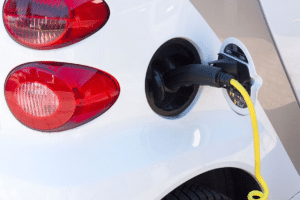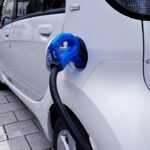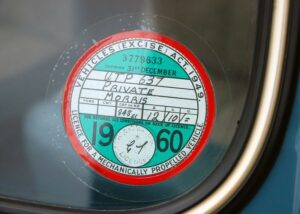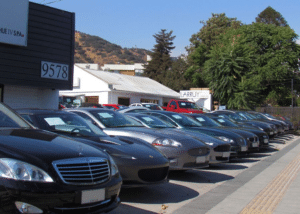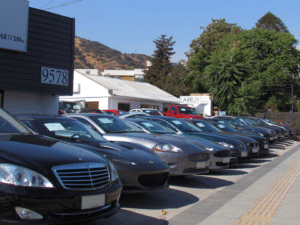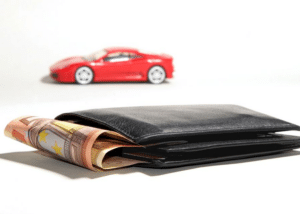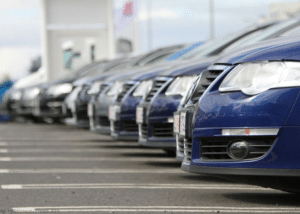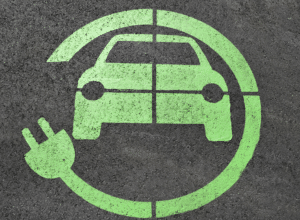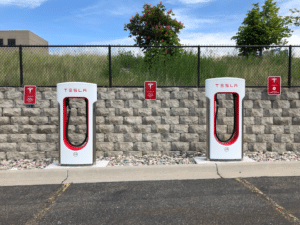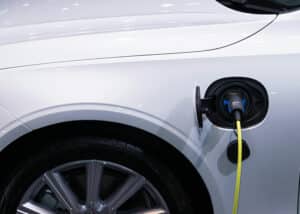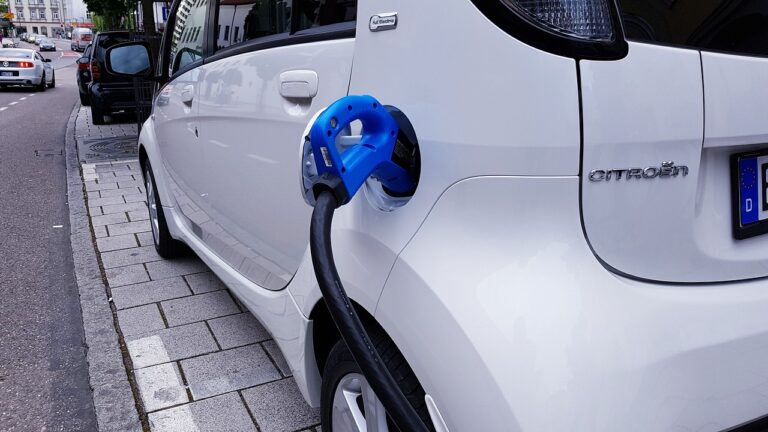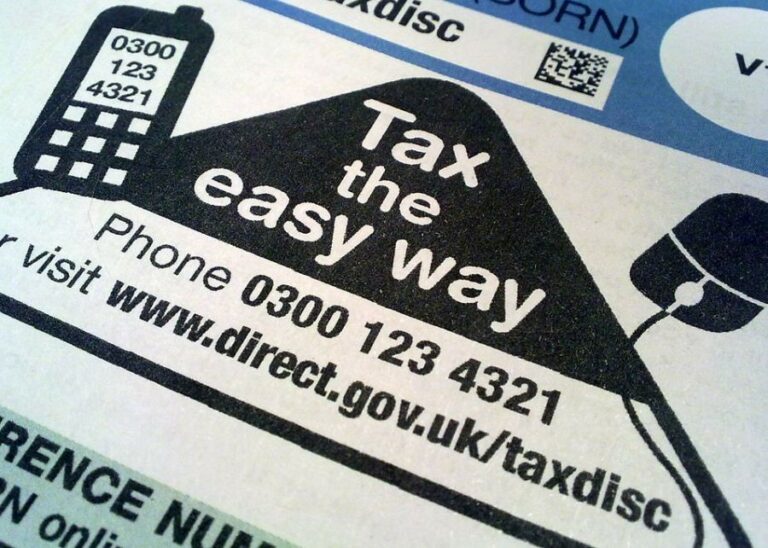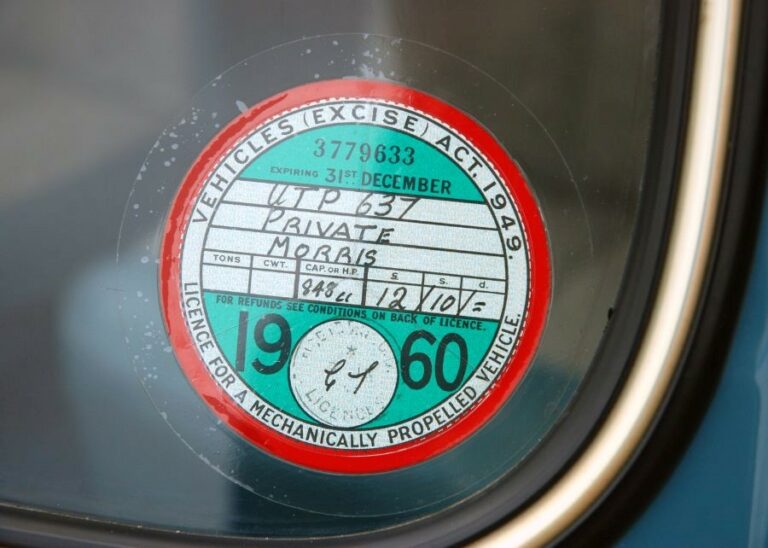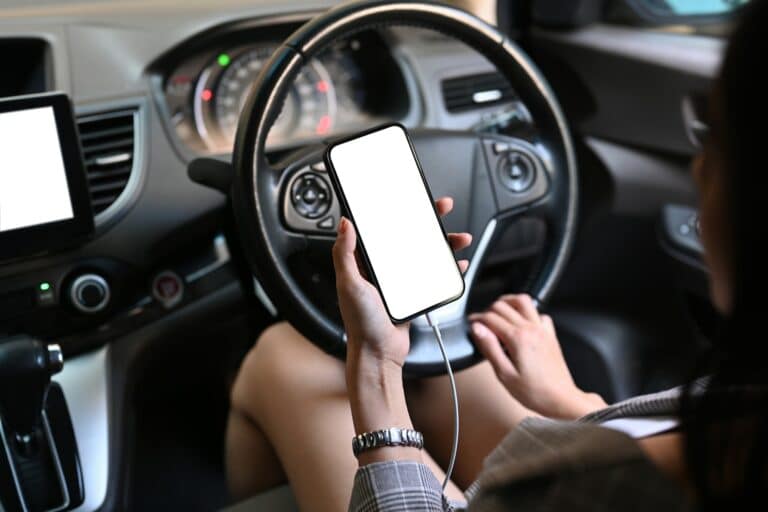When talk turns to electric cars, the first question that usually springs to mind is, “is it cheaper to charge an electric vehicle than it is to fill up your tank?”. What we really want to know is how much does it cost to charge an electric car?
The answer is it can be a little bit complicated to charge an electric car with different connectors and variable rates of chargers, so let us take you through it.
How to charge an electric car
Electric cars cost hundreds of pounds less to charge compared to filling your tank, according to Which but how much it costs, depends on where you charge it. There are three main ways that you can charge an electric; at home, at work or at a public charging station.
Ultimately, the question of how much it will cost you to charge your electric car will depend on a range of different factors, such as what car you have, how often you’ll be driving and where you want to charge it.
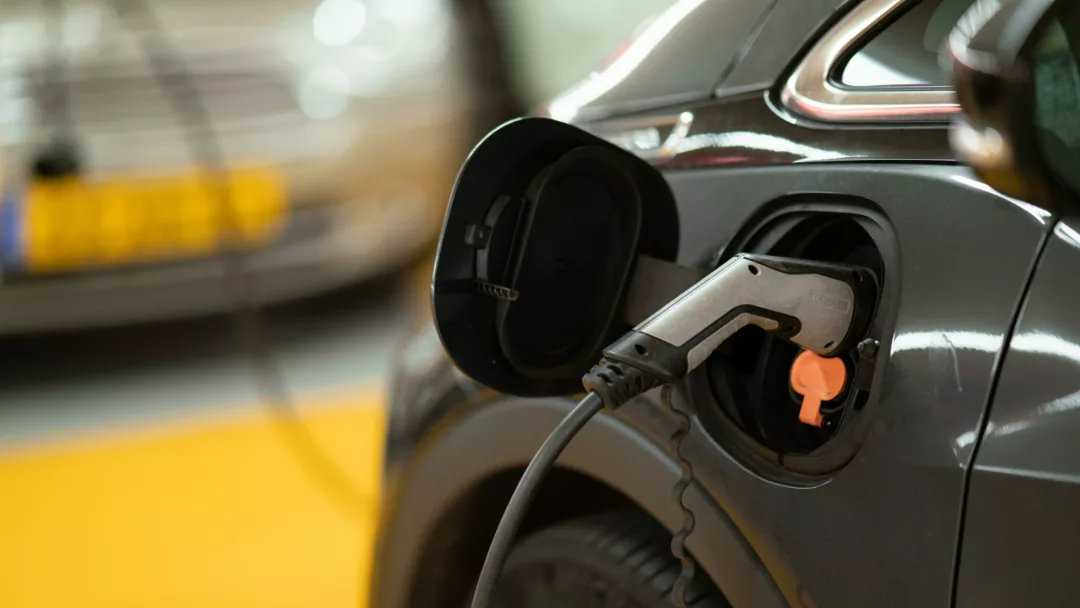
Cost of home charging
Generally speaking, for a typical electric car with a 60kWh battery and a 200-mile range, this can cost around £15.10 for a full charge, according to Pod Point.
If you’re going to be charging your electric car at home, which around 80% of drivers do, according to Cinch, then making sure that you’re on the best home energy tariff to help keep this cost down, is going to be the first place you want to start. The cost of charging will be included within your normal electricity bill, so anything you can do to help keep that cost down, the better.
How much charging will cost you at home will depend on the amount of charging you do, the type of charger you have, and also how much you use public charging.
You can charge your electric car using a regular domestic three-pin socket, which is the most basic form of electric vehicle charging. It wouldn’t require any installation and would just dispense electricity at a wall outlet’s normally 120-volt rate.
Or you could do one better than that and get a dedicated home charging point for your electric car, which would be the faster option. These often provide quicker charging and deliver around 7kW of power, which is almost triple what you receive from a 3-pin socket. These residential chargers are normally installed by an electrician but they can also be found in public places, such as car parks, offices, and other commercial locations.
Cost of charging at workplace charging points
If it wasn’t for workplace charging points, commuters who live a distance away would be finding themselves in a mess if they were to finish work to find out their car battery wasn’t charged.
The cost of charging your electric car at work can vary between organisations, says the RAC, with some workplaces even offering free charging! So depending on your employer’s rules around the charging of your electric car at work, you may find yourself getting it for free as a staff incentive, or there may be a paid tariff, to help encourage the sharing of the charging stations.
If your work doesn’t have an electric vehicle charge point yet, then maybe now is the time and they might want to consider taking up the Government’s Workplace Charging Scheme (WCS). This helps pay towards the upfront costs of the purchase and installation of EV charge points.
Cost of charging electric cars at public stations
Using a public charging point is a great way of charging your car while you’re out and about to help keep your battery topped up.
Thanks to modern technology, you can even download free apps to help you locate the nearest charging points and the prices may vary depending on where you choose to charge.
Public chargers within supermarkets and shopping centres are sometimes often free, where as charging stations with rapid chargers are generally more expensive and can cost you anything from £15-£30 for 30 minutes’ charge/up to 100 miles added to your range.
You might also come across lamppost chargers too, which are similar to home chargers and available on a pay-as-you-go basis.
If you’re looking to avoid the most expensive charging points, then you might want to steer clear of service stations. These are some of the fastest. but are usually the most expensive too.
There’s no doubt you’ll more than likely come across a Tesla charging station on your travels, which will cost you around£0.20/kWh between 9pm and 11am and £0.48/kWh between 9pm and 11am. Using Tesla’s standard chargers will cost you nothing! However, they’re no where near as strong as the supercharger stations.
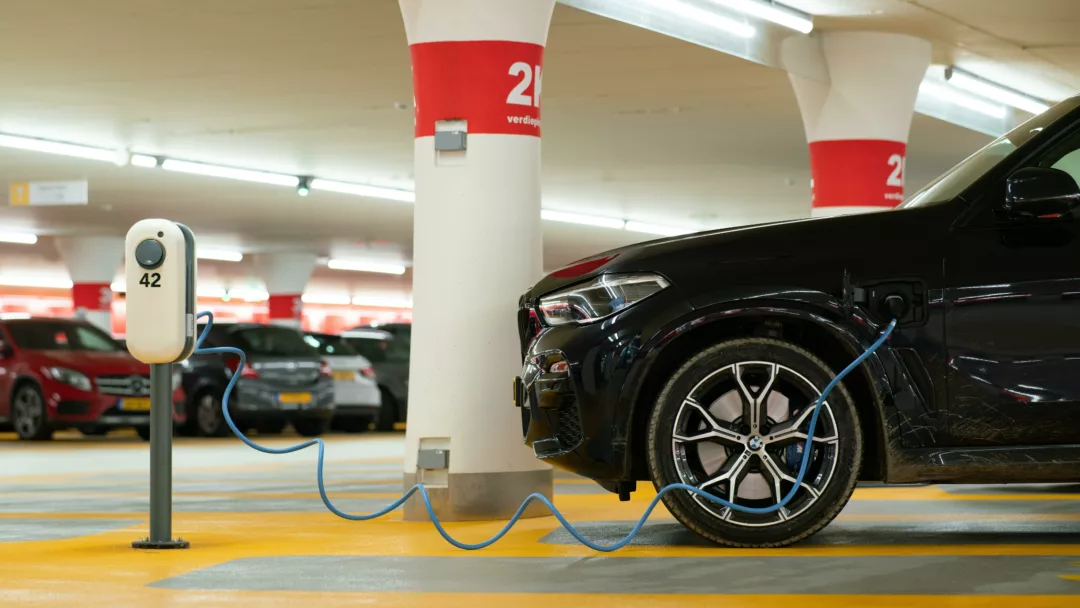
Which electric car costs the least to charge?
Its funny because you would think that all electric cars would use their battery power in the same way but that’s not always the case. In the same way that your petrol car and diesel cars can either be fuel efficient or a fuel guzzler, the same goes for electric cars too. This means that charging costs will vary from one electric car to the next.
According to Which, the most energy-efficient electric car is the Hyundai Kona Electric. With a battery capacity 64kWh, to fill the battery to 100%, we’re looking at 72.8kWh, with a performance of 204hp. The Kona was among the first electric small SUV crossovers to grace dealerships with its presence and is still going strong today.
Where can I charge my electric car for free?
Believe it or not there are actually places where you can charge your electric car for free. Yes you heard that right, for free!
These will usually be rapid charging points that you’ll most likely come across at retail parks and regular car parks, as well as businesses and attractions too. If you’re on the hunt for some free electric car charging, then you’re going to want to download Zap-Map. It’s a brilliant app that allows you to find out where the electric vehicle charging points are that offer free charging.
The app is great for allowing you to filter and search for “free to use”, which will provide a map of all the free charge points currently across the UK. You’ll find loads of free charging points, with the majority of them being fast chargers too, which is even better.
How much does it cost to charge an electric car on the motorway?
Did you know that electric cars rarely need a “full” charge, because they never arrive completely empty and usually just need a top-up?
If you’re out and about and find yourself on the motorway needing a quick top-up and having to pull over your electric car for a quick charge, once you’ve found a motorway charger, you’ll generally tend to find that these chargers offer more or less the same as what we’ve mentioned above, but you can almost guarantee that there are more expensive. This is the same as what petrol and diesel prices are when you’re on the motorway too, they generally tend to be more expensive.
As of September 2022, it was reported that most network rapid charges cost 63p/kwh which is about £19 for 30 minutes of charging. So if you’re using a rapid charge on the motorway, this is a rough estimation of how much you could be expected to pay, as well as taking into account the model of your car and how many miles you’re going to cover, will also affect how much it will cost you to charge your electric car.
Finding out where the nearest electric car charging points are on longer journeys is critical, especially for rapid ones. You’ll generally tend to find that rapid charging won’t really tend to be part of your day-to-day charging routing, as other types of charging will more than likely fulfill your charging needs at a lower cost.
How long does it take to charge an electric car?
The fastest way to charge an electric car is to use a rapid or ultra-rapid charging point, but that’s also the most expensive way to keep your electric vehicle running. By using this type of charger, you could easily end up paying more per mile than a petrol or diesel car owner and we’re sure you don’t want that.
Now that you’ve got an idea of the cost involved with charging an electric car, your next question is probably going to be, well how long does it take to charge? There’s no set time but here is some guidance.
So depending on what type of charger you have used to charge your electric car, depends on how long your electric car will take to charge.
Generally, though, an electric car can take anything from 25-40 minutes up to 11-30 hours. For example, if you have a home charger and want to start the day with a full tank, you will most likely be charging each night for over 8 hours, to provide you with the daily driving range that you need. If you’re using a fast charger, then you can expect your electric car to be charged much quicker than a manufacturer charger.



















